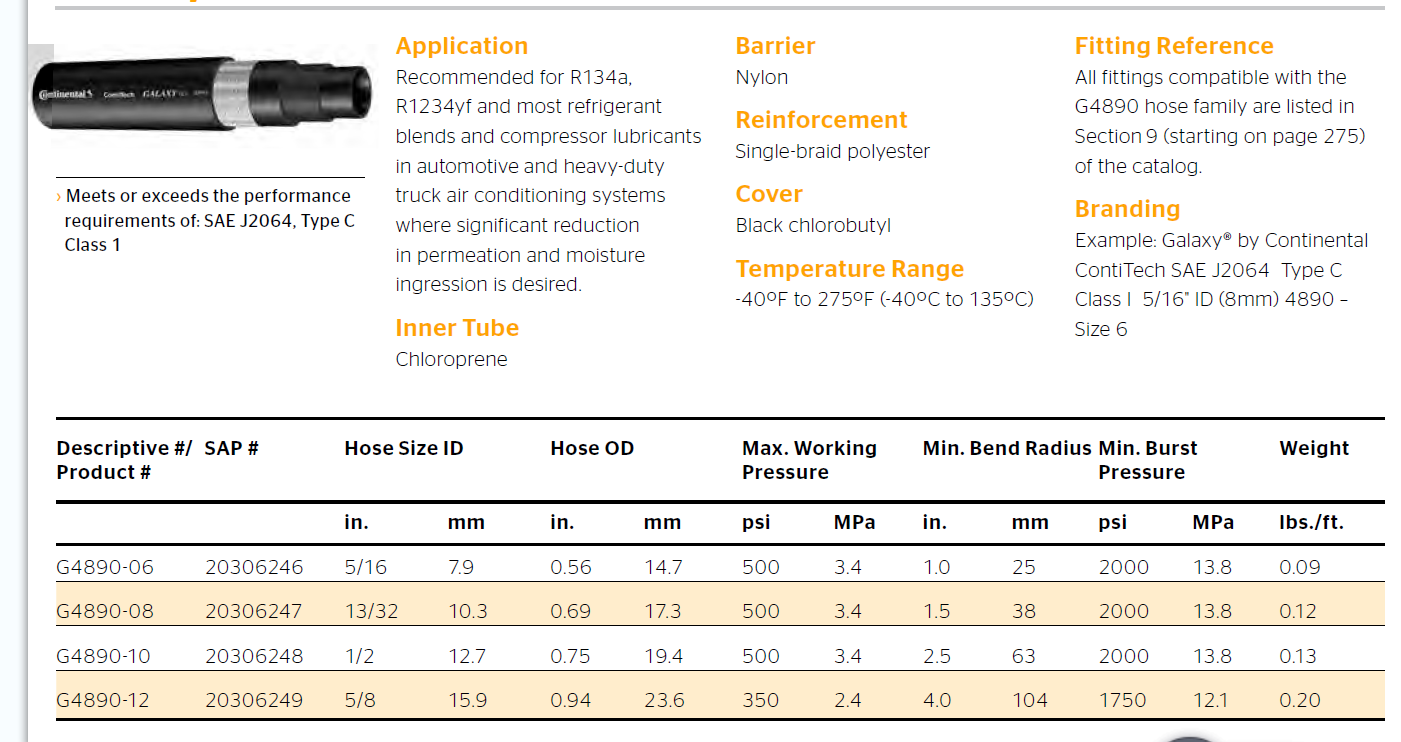Choosing the Best Fuel Hose for Gasoline Applications and Safety Considerations
ພ.ຈ. . 25, 2024 06:05 Back to list
Choosing the Best Fuel Hose for Gasoline Applications and Safety Considerations
The Importance of Quality in Gasoline Fuel Hoses
When it comes to handling gasoline, the role of fuel hoses cannot be overstated. Every day, from gas stations to automotive repair shops, fuel hoses are essential for transferring gasoline safely and efficiently. Understanding the key aspects of gasoline fuel hoses can help consumers and professionals alike make informed decisions when it comes to fuel delivery systems.
What are Gasoline Fuel Hoses?
Gasoline fuel hoses are flexible tubes designed specifically for the transfer of gasoline and other petroleum products. Their construction is crucial—these hoses must be able to withstand not only the physical demands of fuel transfer (like high pressure and bending) but also the chemical properties of gasoline, which can deteriorate lower-quality materials. Typically made from rubber or synthetic compounds that are reinforced with textiles, they are engineered to resist the harsh effects of fuels and solvents.
Types of Fuel Hoses
There are various types of gasoline fuel hoses available on the market, tailored to different applications. The most common types include
1. Standard Fuel Hoses These are used in many general fueling applications, ranging from automotive to small engines. They are designed for moderate pressure and are resistant to gasoline's corrosive properties.
2. High-Pressure Fuel Hoses Required for high-performance vehicles or applications where fuel is under significant pressure. They are reinforced with multiple layers of synthetic materials to prevent bursting and ensure a reliable fuel flow.
3. Low-Permeation Fuel Hoses As environmental regulations become stricter, low-permeation hoses have been developed. These hoses reduce the evaporation of volatile compounds from gasoline, aligning with modern standards aimed at minimizing air pollution.
gasoline fuel hose

Quality Matters
Quality in gasoline fuel hoses is paramount. Using subpar hoses can lead to leaks, spills, and potentially catastrophic failures. Not only do these incidents pose a danger to the environment and public health, but they also incur costs in terms of cleanup and repairs. Therefore, selecting hoses that meet industry standards is crucial. Look for hoses certified by recognized organizations such as the American Society for Testing and Materials (ASTM) or the Society of Automotive Engineers (SAE).
Installation and Maintenance
Correct installation and routine maintenance of gasoline fuel hoses play a vital role in ensuring their longevity and reliability. It’s essential to follow manufacturer guidelines when installing hoses. Ensure that all connections are tight and free from leaks, and avoid bending or kinking the hose, as this can cause internal damage.
Regular inspections should be conducted to check for wear and tear. Look for signs of cracking, swelling, or any other visual damage. If you notice any deterioration, it's better to replace the hose rather than risk failure. Likewise, ensure that hoses are stored properly and are kept away from direct sunlight and extreme temperatures, which can degrade materials over time.
Environmental Considerations
With the growing emphasis on sustainability, the impact of fuel hoses on the environment is drawing attention. Using quality low-permeation fuel hoses not only adheres to environmental regulations, but it also contributes to the reduction of harmful emissions. Moreover, responsible disposal of damaged or outdated hoses is crucial; many materials are recyclable, reducing landfill waste and promoting a greener approach to manufacturing and fuel management.
Conclusion
In conclusion, gasoline fuel hoses are a critical component in the transportation and management of fuels. Their importance cannot be understated, be it in automotive, aviation, or various other applications. By investing in quality hoses, adhering to proper installation and maintenance practices, and considering environmental implications, users can ensure safe and efficient fuel delivery. As technology evolves, staying informed about advancements in fuel hose technology will further enhance safety and efficiency in fuel management.
